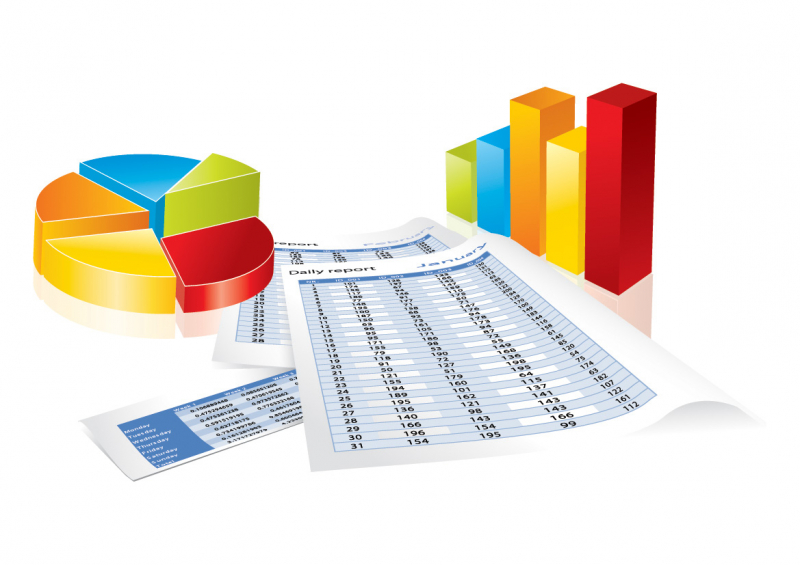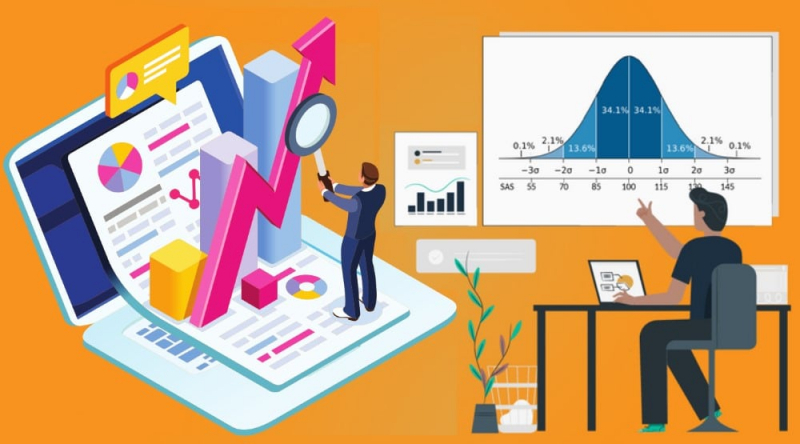Statistical Inference
The technique of deriving conclusions about populations or scientific truths from data is known as statistical inference. Statistical modeling, data-oriented methodologies, and explicit use of designs and randomization in studies are all examples of inference methods. Furthermore, there are multiple complexity (missing data, observed and unobserved confounding, biases) and broad theories (frequentists, Bayesian, likelihood, design based, etc.) for doing inference. A practitioner's mind might become bogged down in a tangle of practices, ideologies, and subtleties.
This is one of the best online Statistical Inference courses. The principles of inference are presented in this course in a practical approach to getting things done. Students will grasp the general directions of statistical inference after taking this course and will be able to apply this knowledge to make informed decisions when examining data. This course is applicable to a variety of Specializations and Professional Certificate programs.
What you will learn
- Describe variability, distributions, limits, and confidence intervals, as well as the process of generating inferences about populations or scientific truths from data.
- Permutation tests, p-values, and confidence intervals are all useful tools.
- Make data analysis judgments that are informed.
Skills you will gain
- Statistics
- Statistical Inference
- Statistical Hypothesis Testing
Instructor: Brian Caffo, Roger D. Peng, Jeff Leek
Coursera rate: 4.2/5.0, 4.342 ratings
Offered by: Johns Hopkins University
Enroll here: https://www.coursera.org/learn/statistical-inference








